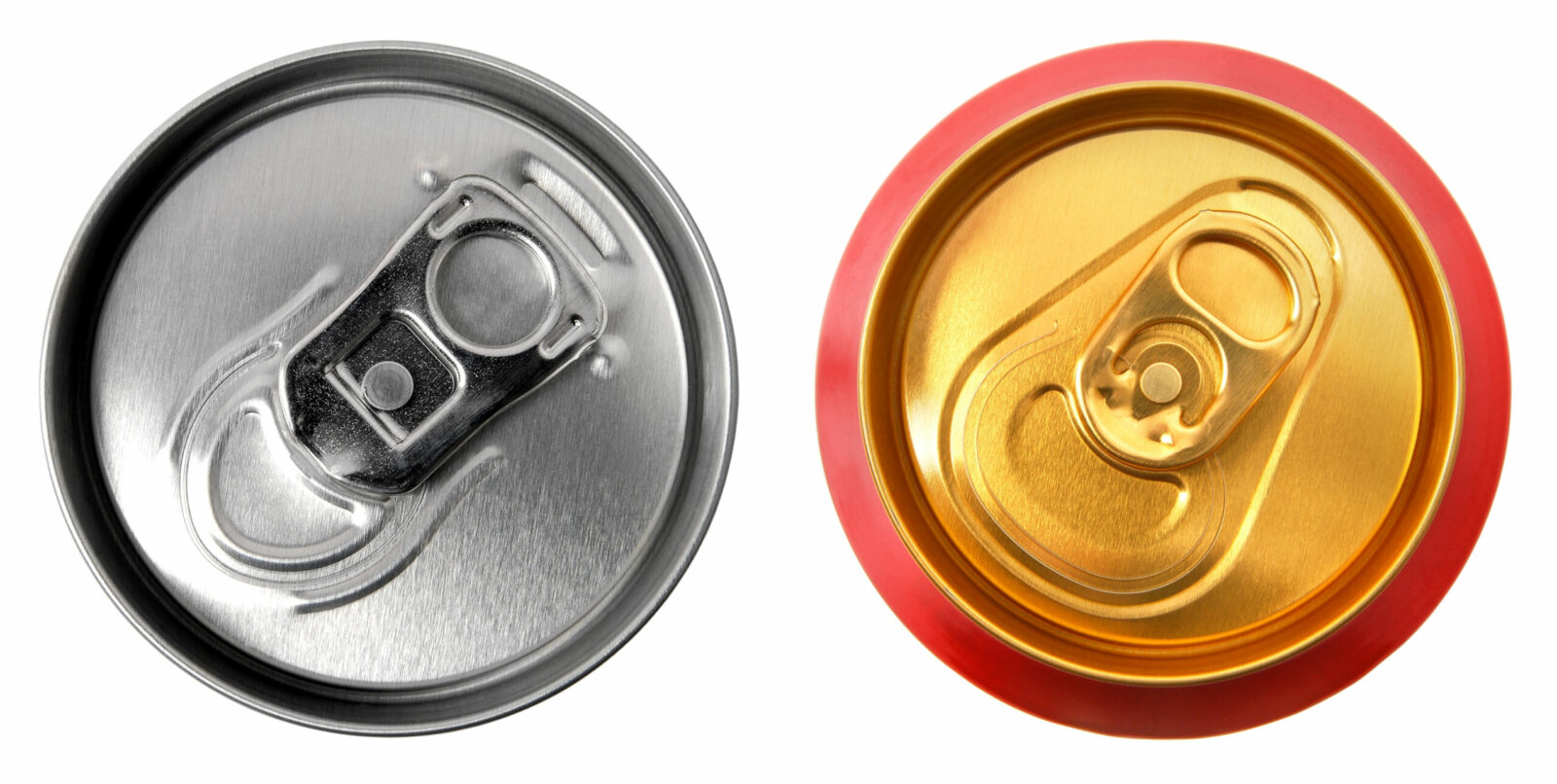Goodbye Bisphenol A: The New European Regulation and the Future of Food Packaging
Bisphenol A (BPA), a chemical substance present in many food containers, is in the spotlight due to its possible negative health effects. The European Union has taken a decisive step to restrict its use with the approval of Regulation (EU) 2024/3190. This new regulation, which will take effect on 20th July 2026, poses a challenge for the packaging industry and opens the doors to a new era in which food safety and sustainability are priorities.
Keep reading this article to find out more:
- Changes for industry: the end of Bisphenol A
- A paradigm shift for the industry
- ITENE, your partner in the transition to BPA-free packaging
1. Changes for industry: the end of Bisphenol A
This measure results from a regulatory process that has progressively limited the use of BPA since its ban in the manufacture of polycarbonate baby bottles in 2011. The new regulation is based on the scientific reassessment of the European Food Safety Authority (EFSA) and introduces fundamental changes:
-
A total ban on BPA: Its use is prohibited in manufacturing varnishes, coatings, printing inks, adhesives, resins and rubbers intended for food contact materials. BPA is also removed from the list of permitted substances for manufacturing food-grade plastics, repealing Regulation (EU) 2018/213.
- Restrictions on BPA derivatives: For substances manufactured with BPA as a precursor (BADGE, or other bisphenol substances regulated under Regulation (EC) No 1895/2005) it must be ensured that in their final state, the presence of free BPA that may migrate into the food is not above detectable levels above 1 μg/kg as the limit of detection.


2. A paradigm shift for the industry
The impact of this regulation goes beyond BPA. The regulation requires the evaluation of other bisphenol substances, forcing the industry to look for safer alternatives and to rethink its production processes. This transition represents an opportunity to:
- Develop safer packaging: guaranteeing the health of consumers and responding to their demands for products free of harmful substances.
- Drive innovation: Researching and using new materials and technologies to create more sustainable and environmentally friendly packaging.
- Increase consumer confidence: By offering products that meet the highest standards of safety and quality.
3.ITENE, your partner in the transition to BPA-free packaging
At ITENE, we offer companies in the sector comprehensive solutions to face this new scenario. We carry out analyses of BPA and other bisphenolic substances to ensure compliance with the new legislation. In addition, we work on the determination and control of Non Intentional Substances (NIAS), ensuring that food contact materials comply with the strictest safety standards.
Our team of experts offers consultancy and legislative monitoring services to guide companies in the substitution of materials, the optimisation of production processes and the design of safe and sustainable packaging. We implement quality control systems and develop advanced technologies for the detection and elimination of contaminants in recycled plastics.
At ITENE, we help companies to identify and mitigate risks, to comply with current regulations and to anticipate future regulatory requirements. We position ourselves as a benchmark for companies seeking to lead change in the packaging sector towards a safer and more sustainable future.
The phase-out of bisphenol A marks a new era for the industry and a further step by the European Commission to ensure and protect the health of consumers. Now is the time to invest in innovative solutions and demonstrate that the industry can lead the way towards a safer and more sustainable future.
Find out about our services in Food Safety
-
Download
-
¿Shall we talk?
Nuria Herranz
Technological Consultancy, Technical Assistance and Innovation Manager
"*" indicates required fields
